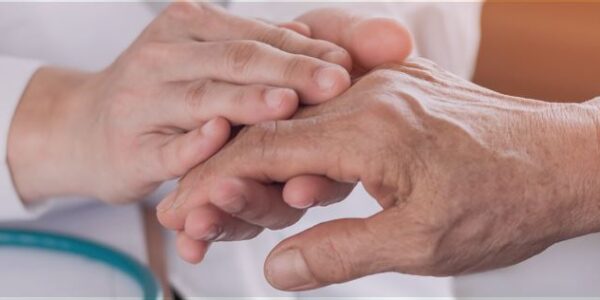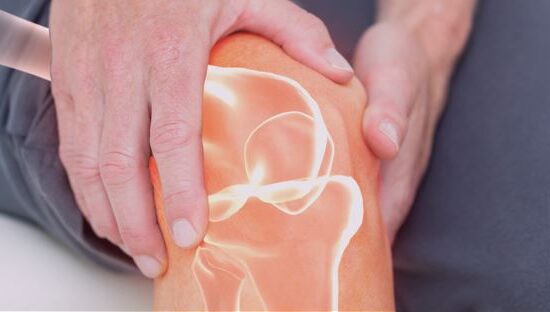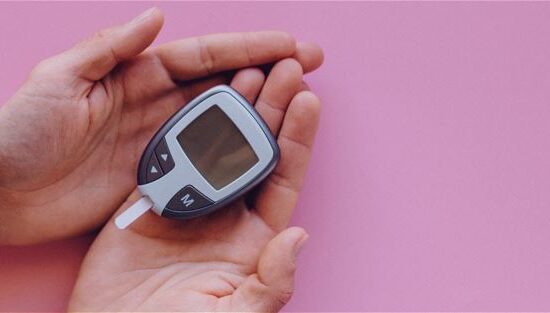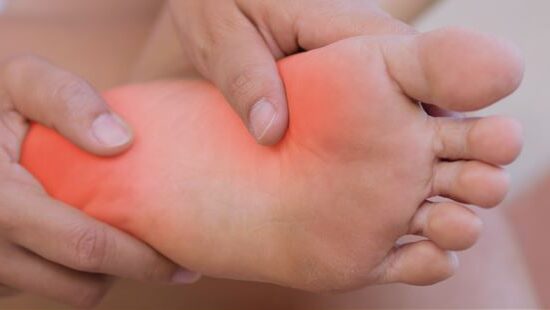What is Parkinson’s disease?
Parkinson’s disease is a neurodegenerative disease that affects the central nervous system and results in the gradual death of the neurons. It is characterized by a set of motor disorders affecting one or both sides of the body, as well as cognitive disorders.
Where does it come from?
The causes of Parkinson’s disease remain little known. Whatever the cause, there are many biological processes resulting in neuronal loss. However, the decline in dopamine production found in the brain of Parkinsonian patients is distinctive. Dopamine, a neurotransmitter, ensures the transmission of chemical messages between the neurons. A dopamine deficit results in neuronal alterations.
Although genetic forms exist, mainly in subjects age 50 and under, aging remains the disease’s main risk factor.
How can it be recognized?
The majority of the symptoms come from the deregulation of the dopaminergic system, although other neurotransmitter systems are also impaired. The specific manifestations noted are:
- Plastic (rigid) muscular hypertonia: this involves resistance to passive mobilization, when a limb is released and still remains frozen, giving way subsequently in small motions.
- Tremors of the extremities at rest: mainly affects the thumb, and sometimes the chin, with a slow and regular movement that generally disappears during voluntary movements.
- Akinesia: characterized by a lesser frequency and slowness of movements, mainly affecting the mimic reflex and certain automatic movements, such as those of walking.
The diagnosis of the disease is usually clinical, without being too difficult to establish.
Solutions supporting people with Parkinson’s disease
Take advantage of assistance to mobility and accessibility
A wide range of support products and services exist in several fields. They help improve the quality of life both of the patient and the natural caregivers. Many solutions for assistance in walking and mobility, residential adaptation or home help and comfort are available to support people with Parkinson’s disease. They seek to respond to patients’ lesser and greater needs for assistance, while providing them with comfort, independence and safety.








